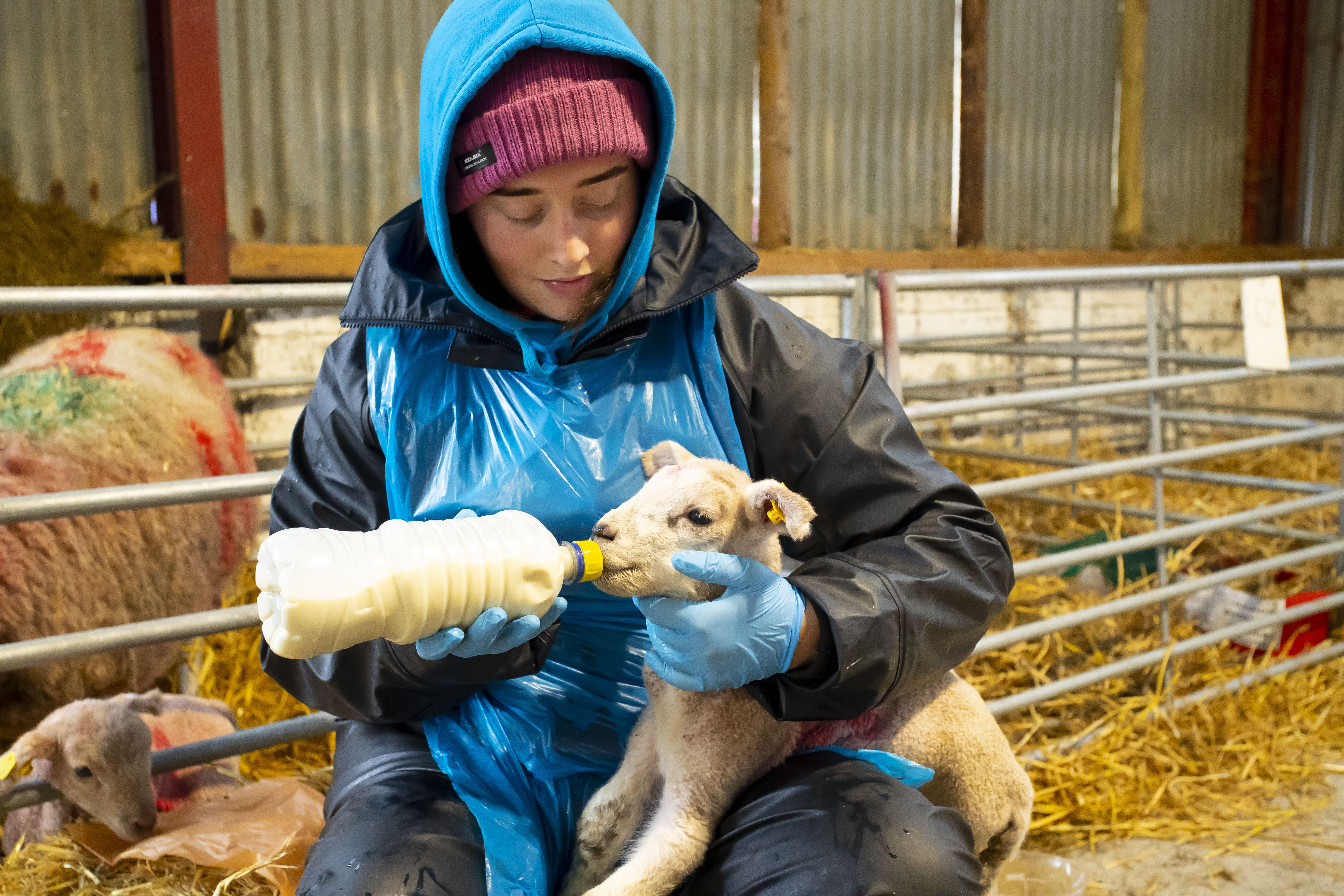Research activity in Animal and Crop Science is innovative, transformative, and translatable to meet current and future producer, consumer, and policy requirements for sustainable food production and land use.
Our core research is aimed at developing an in-depth understanding of the biological drivers of animal and crop production, its interface with the sustainable use of natural resources, the production of healthy food products and the development and adaptation of new smart technologies in primary agricultural production. The research activity in Animal and Crop Science not only allows our Agri-food industry to respond to national and international policy drivers, but also to inform and shape future policy through the translation of our research outcomes into on farm solutions in production agriculture to meet societal and government requirements.
Our research resides at the nexus of increasing global demand for food, greater legislative compliance in terms of environmental, biodiversity and welfare challenges and reduced resource availability which not only provides an ecosystem but also a prerequisite for reframing production agriculture. The Animal and Crop Science section encompasses research that spans animal and crop production from the cellular to the systems level. Shifts in agricultural production on a national scale, coupled with legislative requirements and the rapid development of smart technologies drive our current research activities to produce solutions supporting local, national and international food production in the face of global challenges.
Research areas include:
- Animal Breeding
- Animal Genomics
- Animal Health and Nutrition
- Animal Immunology
- Animal Production Systems
- Animal Physiology
- Crop Science
- Precision Agriculture
- Mechanisation, Data and ICT
- Equine Science
- Sustainabiliaty
